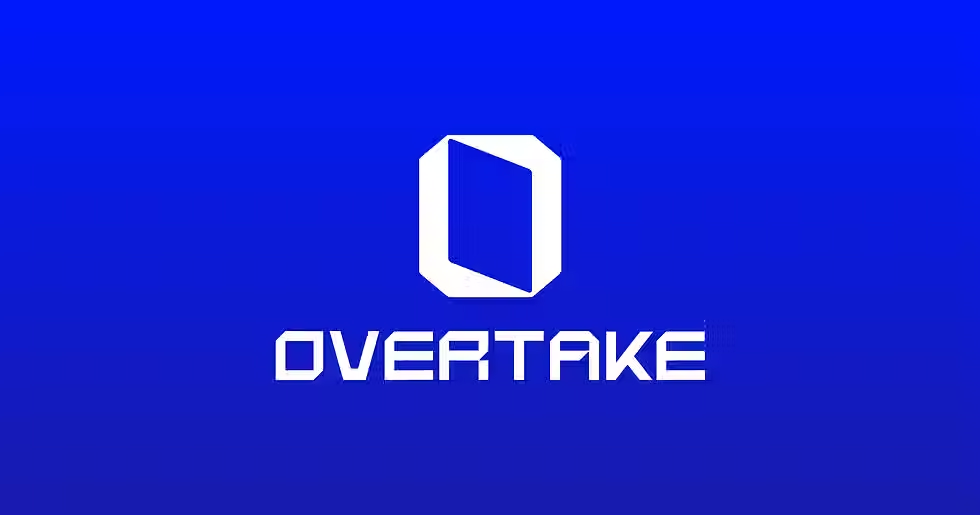YGG Launches Ecosystem Pool and Expands with Gigaverse
- NFTrixie

- Aug 6, 2025
- 4 min read

Yield Guild Games (YGG) is making major moves—again. From redefining treasury strategies with a new Ecosystem Pool to landing a game-changing publishing deal with Gigaverse, YGG is rewriting the rulebook for how Web3 guilds operate. In this article, we’ll break down everything you need to know about YGG’s latest evolution and what it means for the future of blockchain games.
From Passive Treasury to Active Capital Deployment
Let’s start with the $7.5 million move.
YGG has transitioned 50 million $YGG tokens (worth around $7.5 million) from its treasury into a new Ecosystem Pool, managed by its proprietary Onchain Guild infrastructure. This is a massive pivot from traditional token holding strategies.
Rather than keeping assets idle, YGG is now activating its treasury for capital growth, using programmable capital and onchain transparency to explore revenue-generating strategies. And no, it’s not taking in outside investment or behaving like a VC. This is about self-sustained growth—by the guild, for the guild.
A Transparent, Mission-Driven Model
The Ecosystem Pool will be governed by Onchain Guild principles—each guild has a clear mission, uses transparent smart contracts, and operates with full onchain visibility. This means every move made by the pool is trackable and accountable.
The goal? Strengthen the long-term sustainability of the YGG ecosystem while experimenting with non-gaming asset strategies that align with YGG’s broader mission.
YGG co-founder Beryl Li described it best:
“This is a blueprint that we hope will inspire more Onchain Guilds to unlock new capabilities... and drive even greater impact for communities.”
Led by Financial Veterans
To run this ambitious pool, YGG has enlisted two experienced leaders:
Serge-Raymond Nzabandora – Formerly of MSA Capital and Credit Suisse
Andy Chou – Previously at eBay and Stifel Financial
Their combined expertise in finance and tech investment ensures that this is no experiment—it’s a serious financial engine that aligns with YGG’s values and Web3-native approach.
The pool’s focus is simple yet powerful: maximize returns using YGG’s own capital, while ensuring all decisions support the guild’s ecosystem and mission.
YGG Play Signs Gigaverse as First 3rd-Party Title
Just days after the Ecosystem Pool was announced, YGG Play—the guild’s game publishing division—revealed its first third-party publishing deal with onchain RPG Gigaverse.
Why is this a big deal?
Because Gigaverse is built by crypto-native studio GLHF, has zero VC backing, no big marketing spend, and still managed to hit $6 million in annualized revenue.
YGG Play will now support Gigaverse with:
Player acquisition
Community growth
Marketing
A crossover in-game campaign
The collaboration is already live:
Gigaland, a new board in LOL Land (YGG’s own title)
LOL Land-themed skins in Gigaverse
Both games run on Abstract, a blockchain built for everyday users with features like social logins and seamless onboarding—a major plus for the mainstream adoption of blockchain games.
Transparent Revenue Sharing with Smart Contracts
One of the standout features of YGG Play is its smart contract-powered revenue sharing.
Forget Web2 opacity. Game developers working with YGG Play can see:
Real-time earnings
Instant revenue splits
No middlemen or long payout delays
This creator-first approach is designed to attract game studios that value transparency, speed, and fairness.
As Gigaverse founder Dith put it:
“Partnering with YGG Play means we can reach an even bigger player base and benefit from YGG’s experience and scale.”
LOL Land Surpasses $64 Million in Annualized Revenue
YGG’s own game, LOL Land, isn’t sitting quietly on the sidelines either.
On August 4, YGG Play revealed that LOL Land hit $176,000 in daily revenue, which translates to a jaw-dropping $64 million annualized. And the game only launched in May!
LOL Land combines:
Board game mechanics
Dice rolls
NFT collecting
Token earnings ($YGG)
It features maps themed around Pudgy Penguins, YGG founders, and more, and already had over 100,000 pre-registrations. With both free and premium modes, it appeals to casual gamers and hardcore Web3 users alike.
This is a textbook case of a “Casual Degen” game—YGG’s new term for fun, streamable, and crypto-native titles.
Redefining What It Means to Be a Game Publisher
YGG Play isn’t just publishing games—it’s reinventing how publishing works in the Web3 era.
Here’s what sets them apart:
Support beyond funding: Marketing, infrastructure, creator outreach
Built for streamers: Games designed for Twitch-style play and creator collabs
Creator campaigns: Influencers like Elisa, YellowPanther, and Iceyyy are streaming Gigaverse and LOL Land now
Web3-native onboarding: Seamless user experience via Abstract chain
This strategy positions YGG Play as a key innovator in the future of blockchain gaming.
YGG’s Vision: Decentralized, Transparent, and Player-Driven
From token deployment to game publishing, YGG is embracing a holistic vision of what a Web3 guild can be.
The $7.5 million Ecosystem Pool proves that YGG is serious about capital efficiency and sustainability.
The Gigaverse deal shows they can scale ecosystems without compromising Web3 values.
And LOL Land's breakout success demonstrates that fun and profitability can coexist in blockchain games.
Whether you’re a casual gamer, a developer, or a Web3 enthusiast, YGG’s latest moves are worth watching. Because this isn’t just about gaming—it’s about reshaping how decentralized ecosystems operate.
Want more updates on the future of blockchain games? Keep exploring the world of Web3 gaming on NFT Playgrounds.









Comments